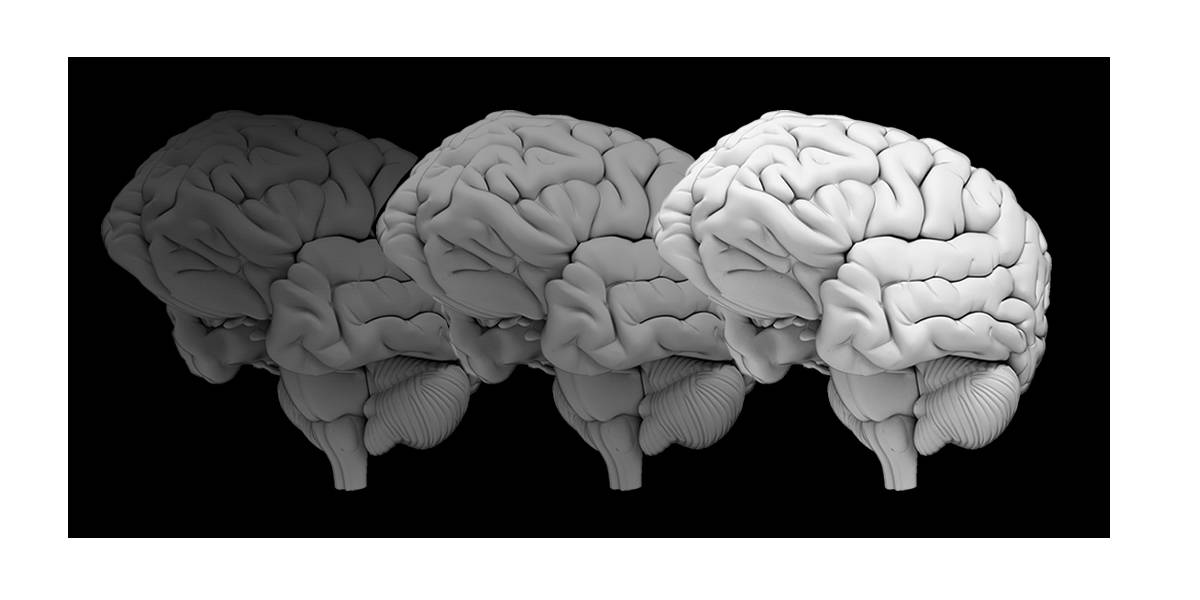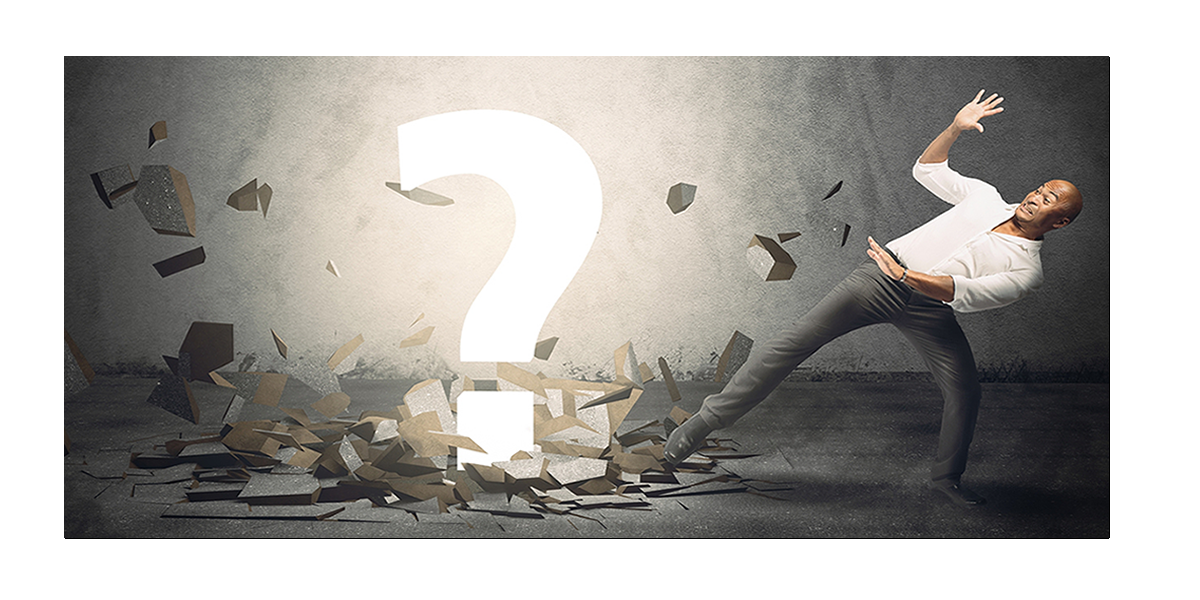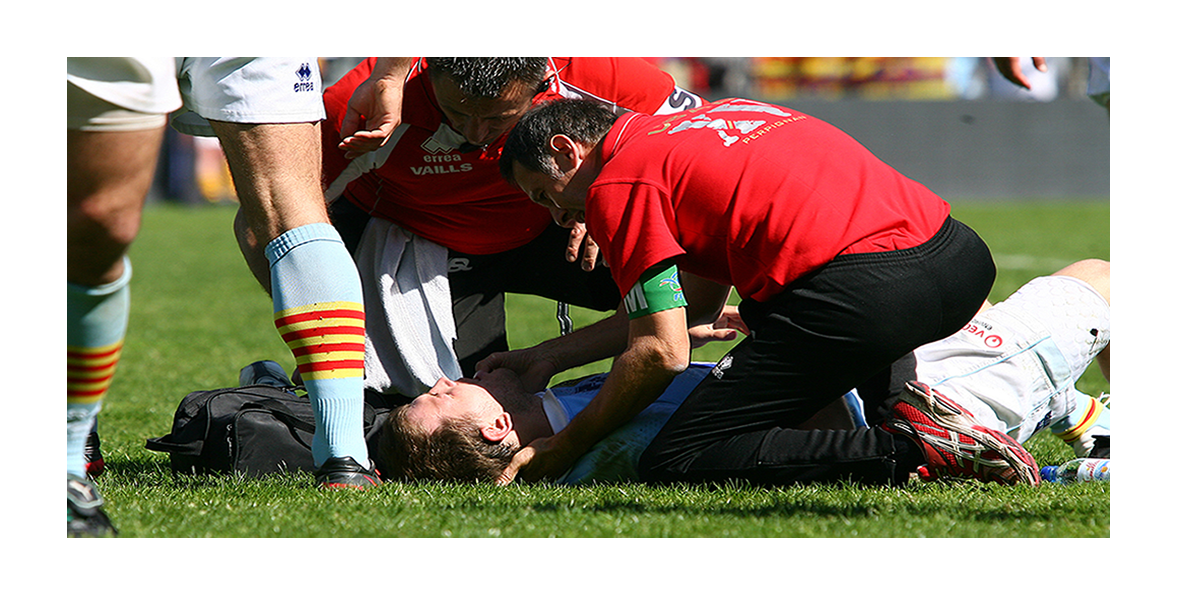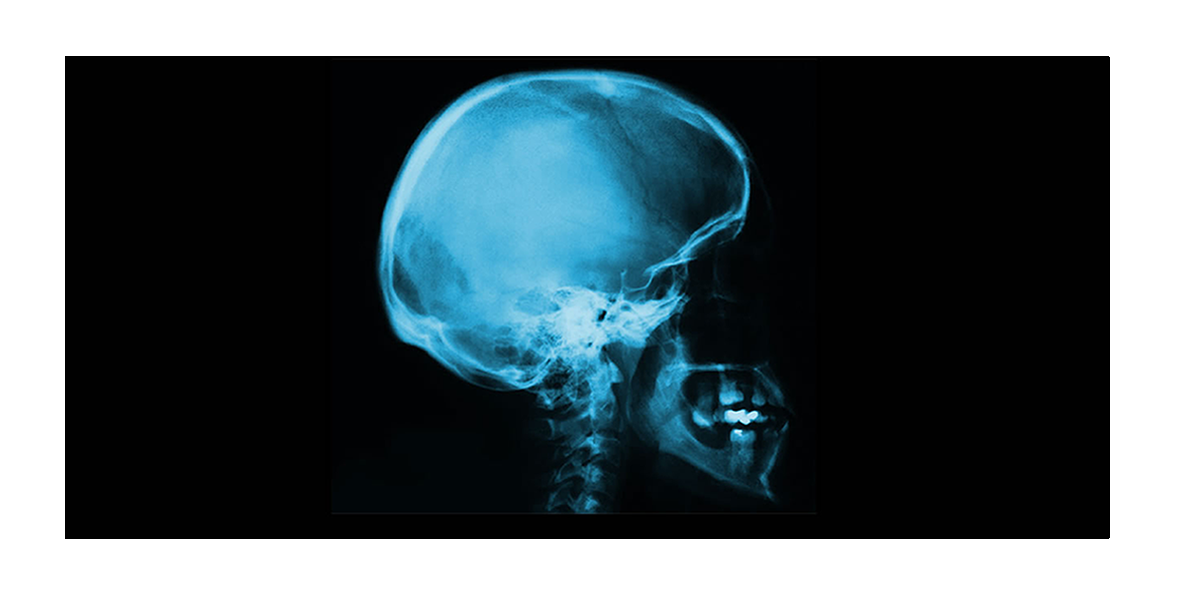As a consequence, the difficulties people with brain injuries face are easily ignored, overlooked or misunderstood.Very little knowledge about ABI exists within most communities, and even those closest to a person with ABI may simply think that person difficult or lazy.family members and friends may regard a person with acquired brain injury who exhibits cognitive problems or changed behaviour, as lazy or hard to get along with.
The term acquired brain injury (ABI) is used to describe all types of brain injury that occur after birth. There is very little understanding or knowledge in the community about brain injury and the impact it has on individuals and families.
Acquired brain injury (ABI) is not the same as to be confused with intellectual disability.
People with an ABI don’t acquired brain injury always suffer a decrease indo not necessarily experience a decline in their overall intelligence. Instead, they tend to suffer specific deficits in levels of general intellectual functioning. Rather, they are more likely to experience specific cognitive changes that lead to difficulty in areas such as memory, concentration, and/or and communication.
Acquired brain injury is also not a mental illness. Though sufferers of both exhibit abnormal brain function, mental illness is not caused by an observable abnormality in the functioning of the brain.
Brain injury, although it does alter the functioning of the brain, is an observable abnormality in the structure of the brain – a physical condition that causes a change in function. Mental illness does not, by definition, arise from a physical condition, whereas ABI is.
Causes
ABI has several “primary” causes, such as physical trauma, stroke or brain bleed, drug or alcohol abuse, poisoning, a tumor, suffocation, or a number of diseases such as Parkinson’s, Alzheimer’s, or Multiple Sclerosis. Primary causes can lead to many “secondary” complications, such as bleeding, blood clots, increased intracranial pressure, oxygen starvation, swelling, and epilepsy.
Effects
Long-term effects of ABI vary from person to person, but People with ABI may experience long term effects such as medical difficulties, impaired physical and sensory abilities, and changes in cognition, behaviour, personality and communication. Long term effects will be different for each person, but some of the more common ones are many sufferers experience:
- Memory problems loss
- Fatigue
- Poor concentration Inability to concentrate or solve problems and attention
- Lack of initiative, decreased motivation or initiative and motivation
- Irritability, depression, and uncontrollable emotions, anger and susceptibility-to stress
- Inappropriate behaviour and poor social skills
- Self-centredness, dependency, and lack of insight
- Slowed responses, sluggish response time
- Poor problem solving
- Depression and lack of emotional control
- Impulsivity
Some of the more common physical effects may be:
- Loss of taste and smell
- Dizziness and balance issues problems
- Epilepsy and seizures
- Fatigue
- Headaches
- Changes in eyesight - Visual problems
- Chronic pain
- Paralysis or movement disorders, particularly unilateral (affecting only one side of the body).
© 2008 BIC






